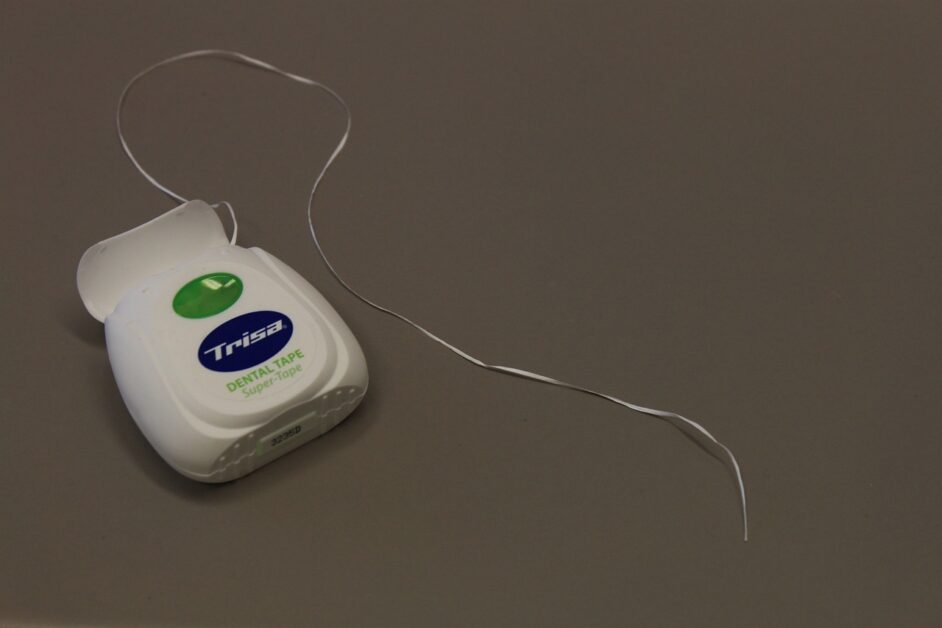In the pursuit of a more sustainable lifestyle, individuals are increasingly looking for ways to reduce their environmental impact. While recycling paper, glass, and plastic has become common practice, there are lesser-known items in our daily lives that can also contribute to a greener planet. One such item is dental floss, a seemingly insignificant product that, when disposed of improperly, can contribute to environmental degradation. However, with awareness and innovative initiatives, recycling dental floss can become a small but significant step towards a more sustainable future.
The Environmental Impact of Dental Floss
Dental floss is typically made of materials such as nylon, Teflon, or other polymers that are durable and resistant to tearing. While these properties make dental floss effective in maintaining oral hygiene, they also present challenges when it comes to disposal. Traditional dental floss, often packaged in plastic containers, can contribute to pollution in landfills and oceans.
When discarded improperly, dental floss poses a threat to wildlife, particularly marine life that may mistake it for food. The non-biodegradable nature of dental floss means that it persists in the environment for a significant period, further exacerbating the problem.
Recycling Initiatives: A Sustainable Solution
To address the environmental impact of dental floss, various recycling initiatives are emerging to provide a more sustainable solution. These initiatives focus on both the floss material and the packaging, creating a comprehensive approach to reduce the ecological footprint of this essential dental tool.
- Biodegradable Dental Floss
As consumer demand for eco-friendly products increases, manufacturers are introducing biodegradable dental floss options. These flosses are typically made from natural materials like silk or plant-based fibers, ensuring that they break down more easily in the environment. Switching to biodegradable dental floss is a simple yet effective way for individuals to reduce their environmental impact. - Terracycle Programs
Terracycle, a company known for recycling hard-to-recycle materials, has introduced programs for recycling dental products, including dental floss. These programs allow consumers to send in used dental floss containers and packaging, preventing these items from ending up in landfills. - Upcycling Projects
DIY enthusiasts and environmentally conscious individuals have found creative ways to upcycle used dental floss containers. By repurposing these containers for organizing small items or crafting, individuals can extend the life of the packaging and reduce the overall waste generated. - Community Engagement
Raising awareness about the environmental impact of dental floss and promoting recycling initiatives is crucial. Local communities, dental offices, and educational institutions can play a significant role in educating individuals about the importance of responsible dental floss disposal and the benefits of recycling.
Conclusion
While dental floss may seem like a minor contributor to environmental issues, its impact can be significant when considered on a global scale. By embracing biodegradable options, participating in recycling programs, and engaging in upcycling projects, individuals can make a positive difference in reducing the environmental footprint of dental floss.
As we strive towards a more sustainable future, every small effort counts. Recycling dental floss is not just a responsible choice for our planet; it’s a step towards fostering a greater sense of environmental stewardship and mindfulness in our daily lives.
